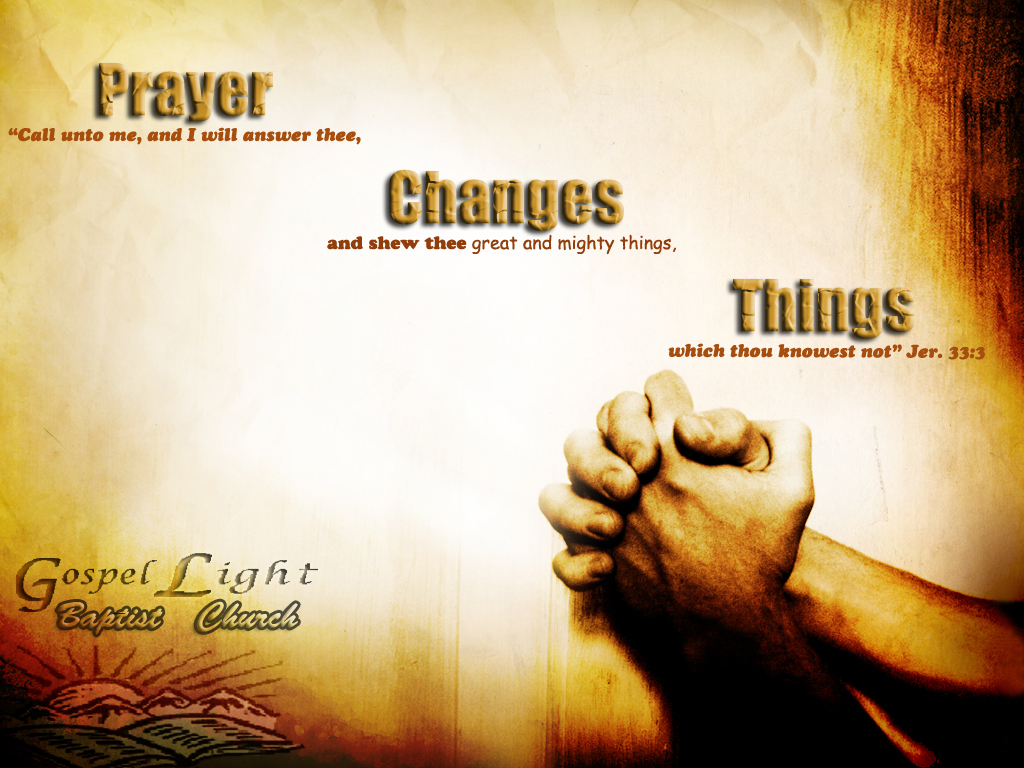
When we see a fellow believer who’s cold and hungry, and our only action is to tell them “Go in peace, be warmed and be filled” what good is that to them? James, the brother of Jesus, reminds us that believing and not acting is the very contradiction of the Christian life (James 2:14-18).

Something tells me that I’m not alone in this area when it comes to putting action to my intentions. Only because I’m writing this article did I hunt it down and dust it off to put back into active use. I used it for a while, then misplaced it. I wrote “I’ll Pray” on the cover to remind me of my commitment and jotted requests as soon as people asked me to pray. So much so that a while back, I got a little pocket notepad to carry with me to write down people’s prayer requests. All too often though, we don’t pray as we promised, and we hardly give their afflictions a second thought. For the Christian, thinking deeply and compassionately about the suffering of others is what motivates us to pray. That’s why we often offer our “thoughts and prayers” when friends or family members come to us with their heavy burdens. When we find it hard just coming to grips with our thoughts, God hears our prayers.
#THOUGHTS AND PRAYERS DO SOMETHING HOW TO#
Offering “thoughts and prayers” is merely a way of saying that these people need God’s presence and compassion.Īs those indwelt by the Spirit of God, we understand what the critics cannot: that God’s Spirit helps us in our weakness when we don’t know how to pray He speaks on our behalf when our groanings are too deep for words He searches our hearts and knows how to intercede according to God’s will (Romans 8:26-27). They desperately need our prayers as they cope with their grief. We can’t expect most people to understand the true purpose of prayer.Īs followers of Christ, we think with compassion about those who are affected by such a terrible tragedy-the parents, siblings, friends and neighbors. The Apostle Paul tells us that the unsaved or “natural person does not accept the things of the Spirit of God, for they are folly to him, and he is not able to understand them because they are spiritually discerned.” (1 Corinthians 2:14). There were other motivations for the critical comments, but those are the two I want to address. Most considered thoughts and prayers to be an excuse for not doing anything about the tragedy or what we might have done to prevent it. Prayer can’t bring back the dead or un-shoot the wounded. It was clear after reading scores of these callous tweets that most of the people didn’t even understand the purpose of prayer. And to encourage us to do a little soul searching of our own about “thoughts and prayers.” “Father, forgive them, for they know not what they do” I’m doing it as an encouragement for those of us who are believers to think rightly about what’s going on in our world today. I’m not bringing this out to demonize those who would appear critical of Christianity. The New York Daily News may have launched the opening salvo following the 2015 San Bernardino terrorist attack with the headline “God Isn’t Fixing This.” After the Las Vegas massacre, late night host Bill Maher mercilessly mocked “thoughts and prayers” in his monologue. The “prayer shaming”-as it’s begun to be called-isn’t new, it’s just becoming more vocal and more emboldened.

Such high-profile people as Don Lemon on CNN used their platforms to criticize “thoughts and prayers” for those affected by the tragedies, saying instead that we should be doing something to stop such massacres. And the assaults didn’t stop with Twitter. These tweets were just the ones from famous actors. If prayers did anything, they’d still be alive, you worthless sack of … They had the prayers shot right out of them. And already critics were storming Twitter to take potshots at well-meaning people offering their “thoughts and prayers” for the community and for those affected by the shooting. It was less than a couple of hours since dozens of our brothers and sisters in Sutherland Springs, Tex., were killed or maimed as they gathered together to worship God. What’s So Bad About Offering ‘Thoughts and Prayers’ After Tragedies?


 0 kommentar(er)
0 kommentar(er)
